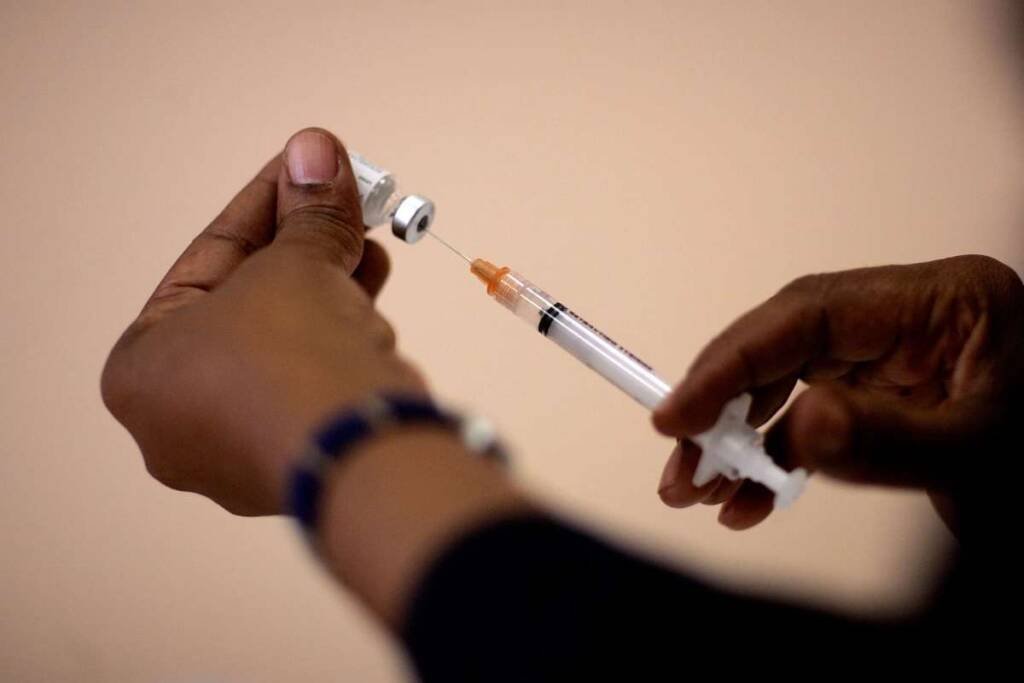Despite the widespread attention given to COVID-19 vaccines in recent times, there has been a significant decline in the uptake of other vaccines.
A recent analysis, funded by GSK in collaboration with the IQVIA Institute for Human Data Science and the Global Coalition on Aging (GCOA), reveals that approximately 100 million fewer doses of certain adult vaccines, excluding those for COVID-19, were administered between 2021 and 2022 compared to anticipated numbers. The team arrived at this conclusion by comparing vaccine usage over the last two years with global vaccine adoption trends from 2013 to 2020.
In 2022, the distribution of some vaccines globally was only 16.2 doses per 100 adults. In stark contrast, COVID-19 vaccines achieved overwhelming success with 132 doses administered for every 100 adults in the same year.
“While significant strides in vaccine development have delivered vaccines to help prolong the health span of adults, data shows that we are falling short on protecting adults around the world from vaccine-preventable diseases,”
– GSK’s vice president of global vaccines medical affairs, Piyali Mukherjee
GSK, which makes several adult vaccines that target diseases such as shingles, hepatitis A and B and recently respiratory syncytial virus is “committed” to its work with GCOA, IQVIA and other advocates and organizations to ensure greater access to vaccination programs, Mukherjee said.
To address this concerning decline, GSK and the collaborating organizations are advocating for the incorporation of adult immunizations as a standard of care. They propose the inclusion of adult vaccine recommendations in national immunization programs, along with the implementation of simplified vaccine schedules to encourage higher uptake. By taking these steps, they aim to bolster adult vaccination rates and ensure the continuation of essential protection against preventable diseases.





























